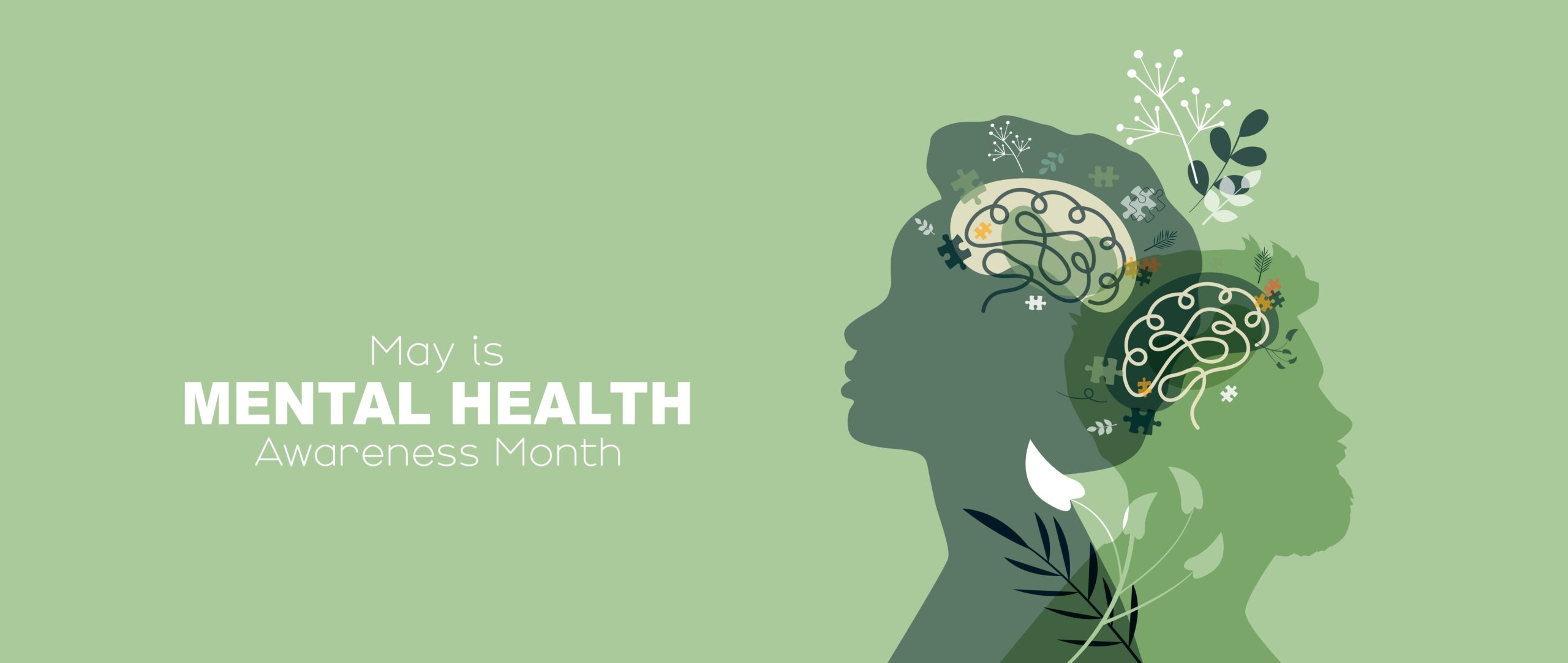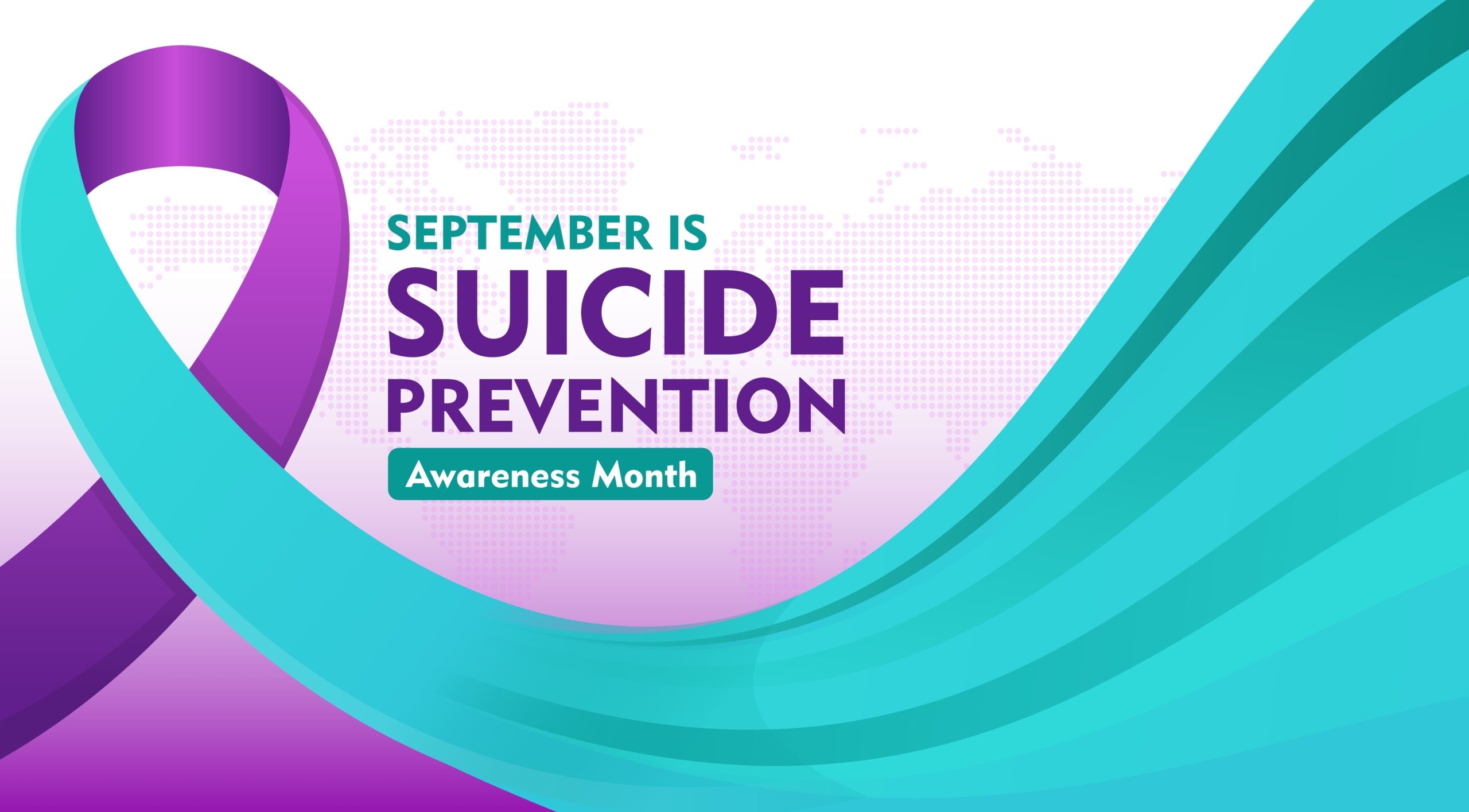In this detailed guide, we delve into the complex world of personality disorders, exploring their types, signs, symptoms, and treatment options. Our aim is to provide an in-depth understanding of these mental health conditions and shed light on the challenges faced by those living with them. Join us as we unravel the intricacies of personality disorders and discover the path towards effective management, mental health treatment, and center for recovery.
What Is a Personality Disorder?

A personality disorder is a type of mental health condition characterized by enduring patterns of inner experience and behavior that deviate significantly from cultural norms. These patterns are pervasive, inflexible, and stable over time, causing significant distress or impairment in social, occupational, or other areas of functioning.
Personality disorders typically emerge in adolescence or early adulthood and affect an individual’s thoughts, emotions, interpersonal relationships, and impulse control. It’s important to understand personality disorder types and recognize personality disorder signs to seek appropriate personality disorder treatment. Note that personality disorders are distinct from temporary changes in behavior or mood that may result from stressful life events or other mental health conditions.
Key Characteristics of Personality Disorders
- Enduring patterns of inner experience and behavior that deviate from cultural norms
- Pervasive, inflexible, and stable over time
- Cause significant distress or impairment in functioning
- Emerge in adolescence or early adulthood
- Affect thoughts, emotions, interpersonal relationships, and impulse control
Types of Personality Disorders
What are the types of personality disorders? The Diagnostic and Statistical Manual of Mental Disorders, Fifth Edition (DSM-5) recognizes ten distinct types of personality disorders, grouped into three clusters based on shared characteristics:
Cluster A Personality Disorders
Cluster A personality disorders are characterized by odd, eccentric thinking or behavior. They include:
- Paranoid Personality Disorder: Characterized by pervasive distrust and suspicion of others, interpreting their motives as malevolent.
- Schizoid Personality Disorder: Marked by detachment from social relationships and a restricted range of emotional expression.
- Schizotypal Personality Disorder: Characterized by acute discomfort in close relationships, cognitive or perceptual distortions, and eccentricities of behavior.
Cluster B Personality Disorders
Cluster B personality disorders are characterized by dramatic, overly emotional, or unpredictable thinking or behavior. They include:
- Antisocial Personality Disorder: Characterized by a disregard for and violation of the rights of others.
- Borderline Personality Disorder: Marked by instability in interpersonal relationships, self-image, and affects, along with marked impulsivity.
- Histrionic Personality Disorder: Characterized by excessive emotionality and attention-seeking behavior.
- Narcissistic Personality Disorder: Characterized by a pervasive pattern of grandiosity, need for admiration, and lack of empathy.
Cluster C Personality Disorders
Cluster C personality disorders are characterized by anxious, fearful thinking or behavior. They include:
- Avoidant Personality Disorder: Characterized by social inhibition, feelings of inadequacy, and hypersensitivity to negative evaluation.
- Dependent Personality Disorder: Marked by a pervasive and excessive need to be taken care of, leading to submissive and clinging behavior and fears of separation.
- Obsessive-Compulsive Personality Disorder: Characterized by a preoccupation with orderliness, perfectionism, and control at the expense of flexibility, openness, and efficiency.
It’s crucial to understand that an individual may exhibit traits from more than one personality disorder, and the severity of symptoms can vary widely among individuals with the same disorder.
Signs and Symptoms of Personality Disorders

The signs and symptoms of personality disorders can manifest differently depending on the specific type of disorder. However, there are some general indicators that may suggest the presence of a personality disorder:
Emotional and Behavioral Signs
- Frequent mood swings or emotional instability
- Intense anger, aggression, or hostility
- Impulsive or reckless behavior
- Self-destructive or self-harming behavior
- Persistent feelings of emptiness or boredom
- Difficulty controlling emotions or urges
- Excessive need for attention or admiration
- Lack of empathy or disregard for others’ feelings
Social and Interpersonal Signs
- Unstable or tumultuous relationships
- Difficulty maintaining long-term relationships
- Excessive jealousy or possessiveness
- Fear of abandonment or rejection
- Inability to trust others
- Social isolation or withdrawal
- Difficulty cooperating or compromising with others
- Persistent conflicts with authority figures
Cognitive and Perceptual Signs
- Distorted or unrealistic self-image
- Grandiose or inflated sense of self-importance
- Paranoid or suspicious thoughts
- Odd or eccentric beliefs or perceptions
- Difficulty distinguishing reality from fantasy
- Excessive preoccupation with details or rules
- Rigid or inflexible thinking patterns
It’s important to note that these signs of personality disorder can overlap with other mental health conditions, and a thorough evaluation by a mental health professional is necessary for an accurate diagnosis. Seeking help from a specialized facility, such as a center for recovery, can provide the comprehensive care needed for an accurate diagnosis and effective treatment. Understanding how to treat personality disorder is crucial for those affected and their loved ones.
Causes and Risk Factors of Personality Disorders
While the exact causes of personality disorders are not fully understood, research suggests a complex interplay of genetic, environmental, and developmental factors. Some potential contributors to the development of personality disorders include:
- Genetic Factors: Studies have shown that certain personality disorders, such as borderline personality disorder and antisocial personality disorder, have a genetic component and may run in families.
- Childhood Trauma: Exposure to adverse childhood experiences, such as abuse, neglect, or abandonment, has been linked to an increased risk of developing personality disorders.
- Dysfunctional Family Dynamics: Growing up in a family environment characterized by instability, inconsistent parenting, or lack of emotional support may contribute to the development of personality disorders.
- Neurobiological Factors: Abnormalities in brain structure and function, particularly in areas related to emotion regulation and impulse control, have been implicated in the development of some personality disorders.
- Temperament: Certain inborn personality traits, such as impulsivity, emotional reactivity, or introversion, may increase vulnerability to developing a personality disorder when combined with other risk factors.
It’s important to note that having one or more of these risk factors does not necessarily mean an individual will develop a personality disorder. Likewise, some individuals may develop a personality disorder without any identifiable risk factors.





























